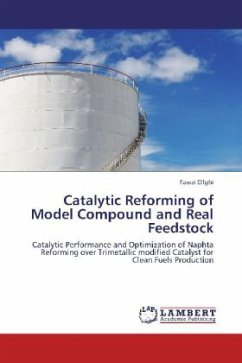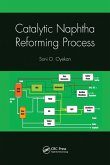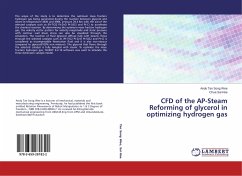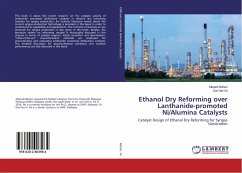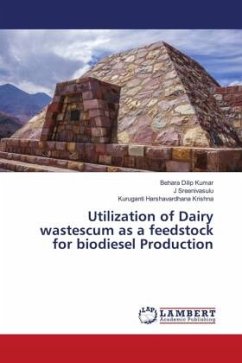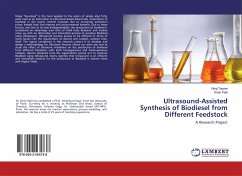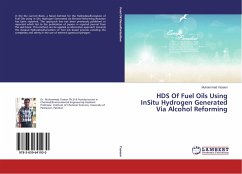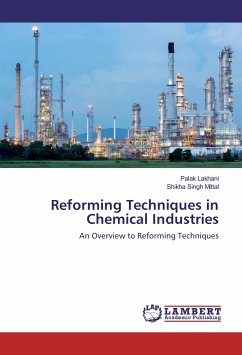A new trend in catalytic naphtha reforming requires decrease of aromatics in reformates and abolition of MTBE while maintaining high octane rate.Refiners have shifted to other sources of octane boosters in the gasoline pool. The fuel characteristics of branched chain alkanes make it attractive to be utilized to enhance the octane number.The selectivity towards branched hydrocarbons is limited over the currently used Pt-Re catalyst due to multiple competitive reforming reactions.By modification of catalyst and optimization of key process variables; it is possible to alter the catalytic performance in a wide range. Metals such as Sn, Ge,Zn and Fe can amend the de/hydrogenation activity and possibly affect the selectivity of the catalyst. This study was carried out to decrease the aromatization activity and enhance the isomerization activity via modification of Pt-Re/Al2O3 catalyst with different concentrations of tin.The catalysts were characterized using different surface techniques and then screened for their activity,selectivity and stability in the isomerization of n-octane and heavy naphtha fraction.Effect of operating conditions were adjusted using Response Surface Methodology.
Bitte wählen Sie Ihr Anliegen aus.
Rechnungen
Retourenschein anfordern
Bestellstatus
Storno

